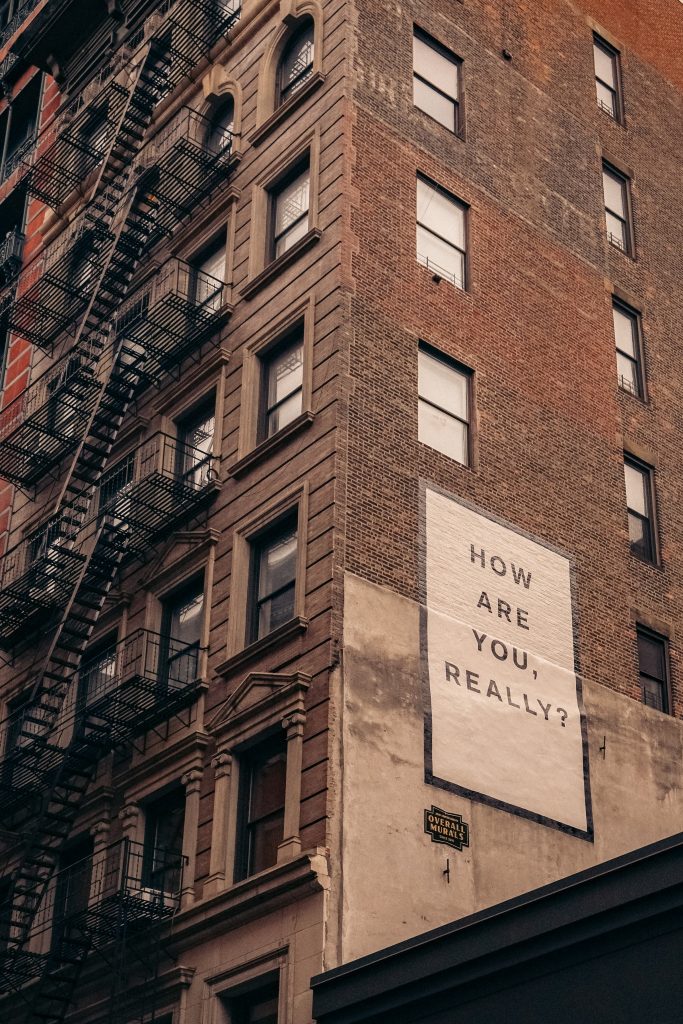
To be a writer is a blessing in disguise and the downsides? The Journal of Psychiatric Research’s findings reveals shocking revelations – “something about the life of an author tends toward depression”. It is believed environmental factors play a vital role in the triggering of such illnesses. Studies also suggest a link between bipolar disorder and creativity.
A Day in the Life of a Writer
The day is packed with mystery, isolation, and stress. Writers who inspected the psychology of human behavior have ruined their lives, forever. Extensive studies indicate writers are prone to anxiety, bipolar disorders, schizophrenia, unipolar depression, and substance abuse. The writers aren’t the only ones on the battlefield. Dutch artist Vincent Vangogh, Mariah Carey, Carrie Fisher, and more like them were diagnosed with mental illnesses. A closer look at the data is baffling. Renowned writers are applauded but these writers went through the struggle and bounced back stronger.

- Stephen King
The master writer of suspense succumbed to the usage of drugs and alcohol to cope with the pressure. He threw out his draft for a novel and later changed his mind. That became one of his best-selling books. Stephen went through substance abuse but regained clarity later in life.
2. Mark Twain
The established writer whose topics of interest were majorly humor went through drastic family pressure that contributed to his mental instability and depression.
He was also considered the “The greatest humorist the United States has produced”.
3. Tennessee Williams
The brilliant playwright suffered from depression soon after he knew that his sister was diagnosed with Schizophrenia. It’s believed his attachment to her might have led him to that stage. After numerous failures, he failed to give up.
“I’m very conscious of my decline in popularity, but I don’t permit it to stop me because I have the example of so many playwrights before me”
He said in an interview. He kept writing until he found solace.
4. Anne Rice
The Novelist faced hardships before success hit her life. After her 5-year-old daughter died, she went into depression. She made it a point to write until she was out of it.
“Don’t ever let despair or depression stop you. Remember this, that if you don’t write it, it isn’t going to be there. It’s that simple. And, if you are down and out and sad, look at it this way — decide that you are going to write it, and if you don’t like it, you are going to throw it away. I’ve done that quite a few times, and I’ve never wound up throwing the book away.”
She quoted after continually writing and producing some of the finest novels.
5. Carrie Fisher
The actress and writer created semi-autobiographical novels. She was also known for script consulting. Being a bipolar and a drug addict, Carrie possessed the courage to openly talk about it. It’s to be noted that she’s one amongst the many who used her condition as a stepping stone to further her visions in writing.
The list does not end here. Jk. Rowling, Scott Fitzgerald, Sylvia Plath, and a countless number of writers overcame mental illnesses with determination and using writing as an aid to end the trauma.
What Can Writing Do to a Person
Journaling has been in existence for decades and has been a way for many to pen their thoughts. When you put your feelings into words, you achieve the first step toward eradicating the possibility of illness. Successful individuals steered clear of distractions. They scheduled their activities and stuck to the plan. The benefits of writing are endless, but to name a few:
- Clears up your head
- Clarifies emotions
- Records your activities/moods
- Motivates you to take control over life
- Aids in a higher level of thinking
- Makes your dreams come true

How to Start Before it’s Too Late
You sit on the couch contemplating life until you realize the day has ended. This type of behavior is toxic to yourself and the people around you. The main aspect of a healthy mind is to spend time with the ones you love. Talk your heart out to a trusted individual. Need a better idea? Write! Writing is a creative outlet for the clutter of emotions.
Half of the problems would resolve if we cleared our minds off of the baggage. Make time, even if it’s 10 minutes to write down your thoughts and emotions. There could be no better way to pave the path for success. One day you could end up selling your writing or monetizing your journal.
There are no hard and fast rules to overcome mental illnesses. It’s a personal journey and everybody’s encounters are different. Keep in mind that the world is a loving place if you find a safe space for your thought processes. The 10 lines you write about your day/incident can make a drastic difference in your life. Learn the art of living because life doesn’t always give us second chances.
Author Bio
Divya Shakthi
Intuitive dreamer, mystical problem solver. Writer by passion, animal lover by nature. Find me in the realm between personal development and all things purposive. Reach me at www.theclumsycreator.com.
Originally posted on July 7, 2020 @ 7:00 pm